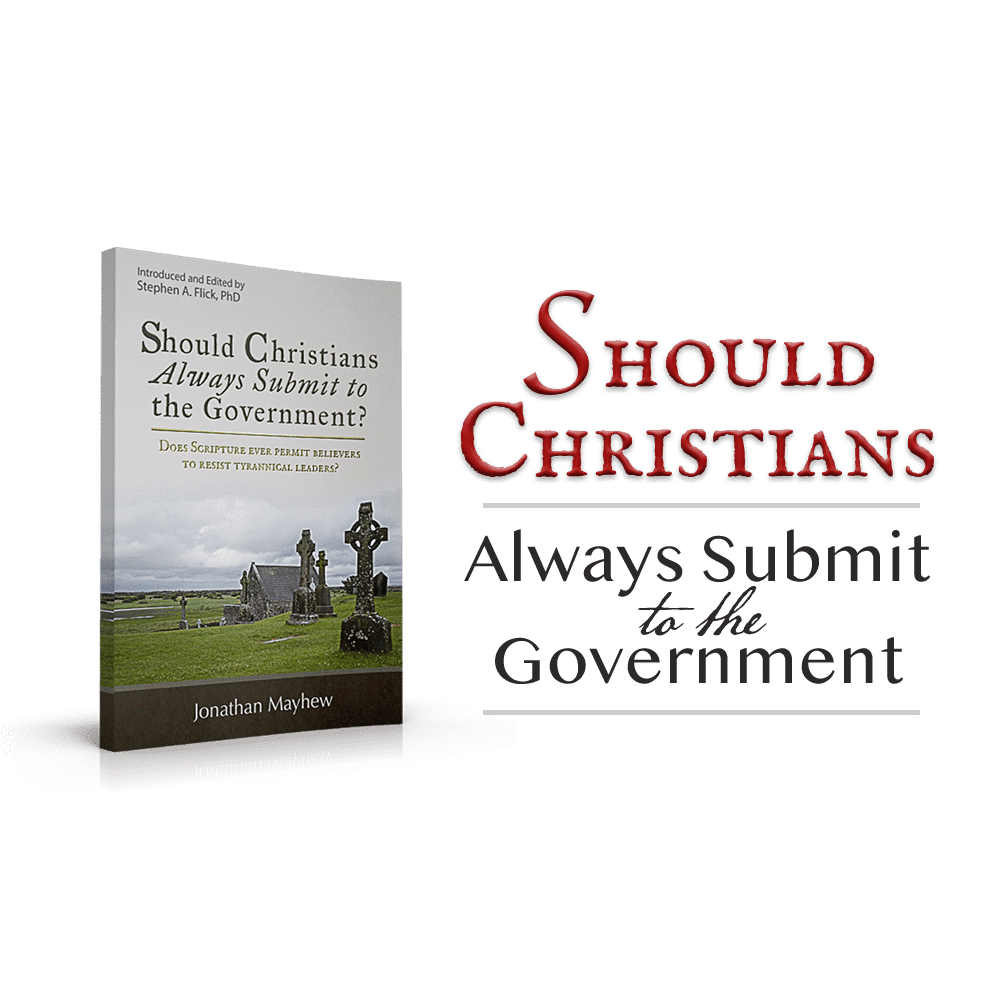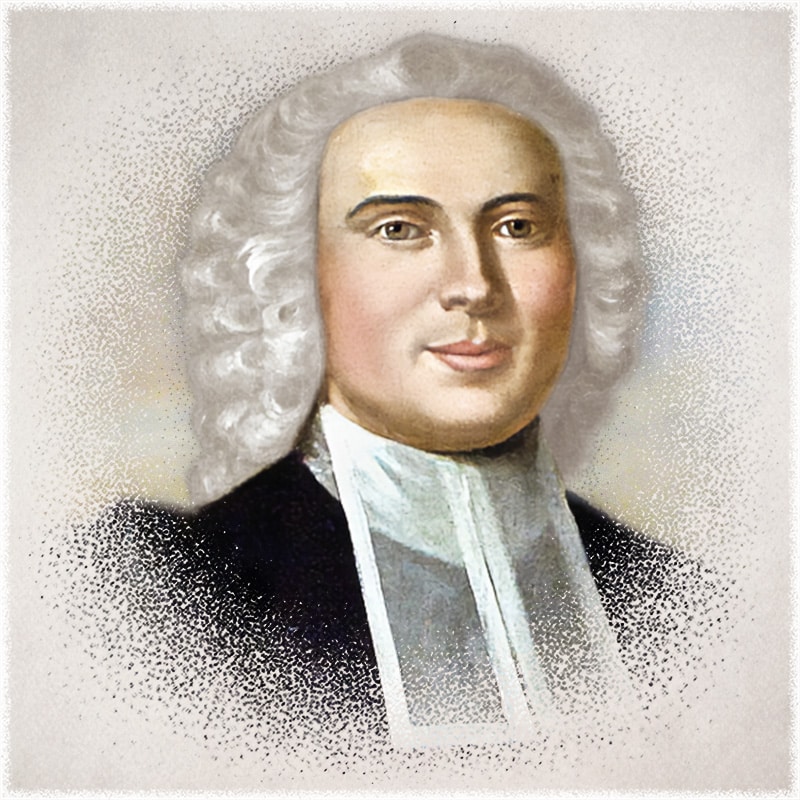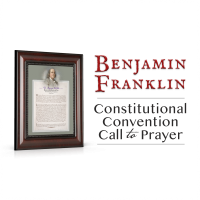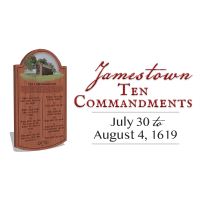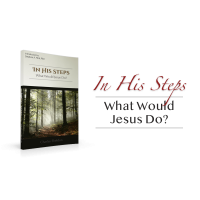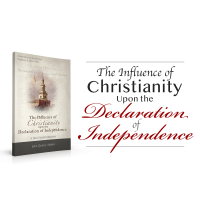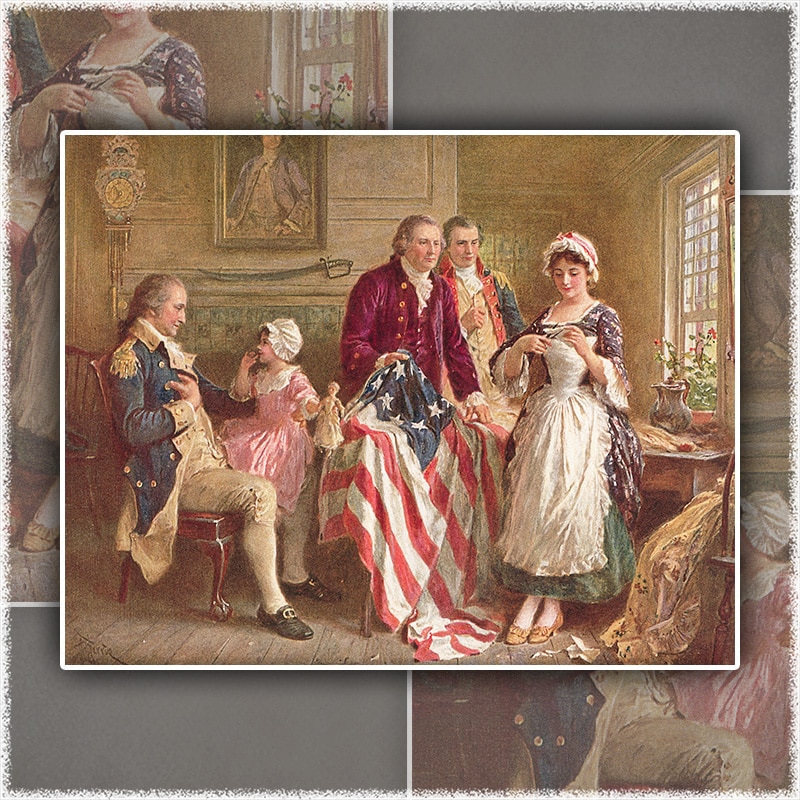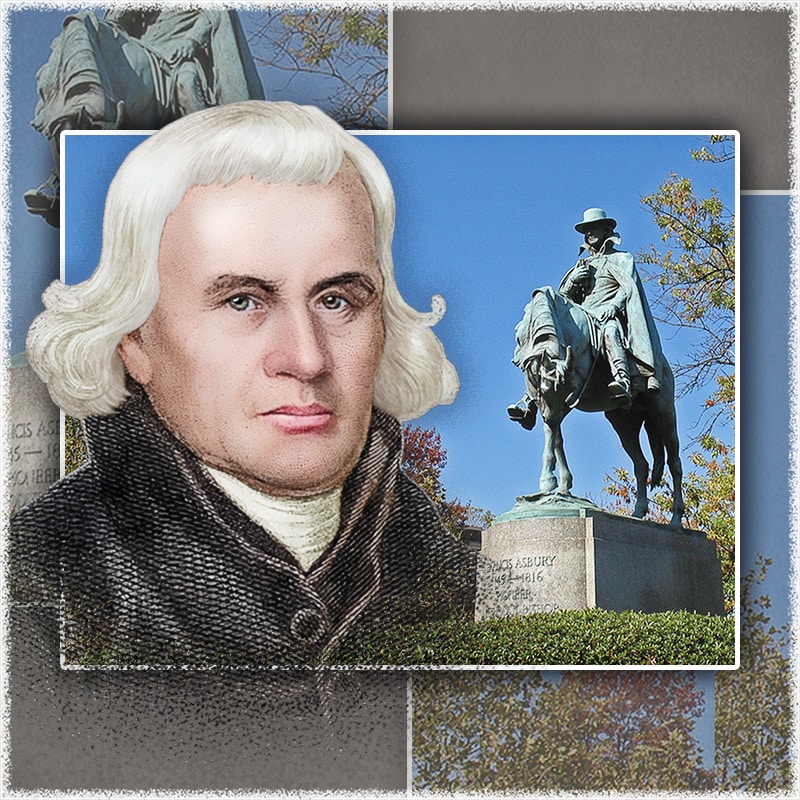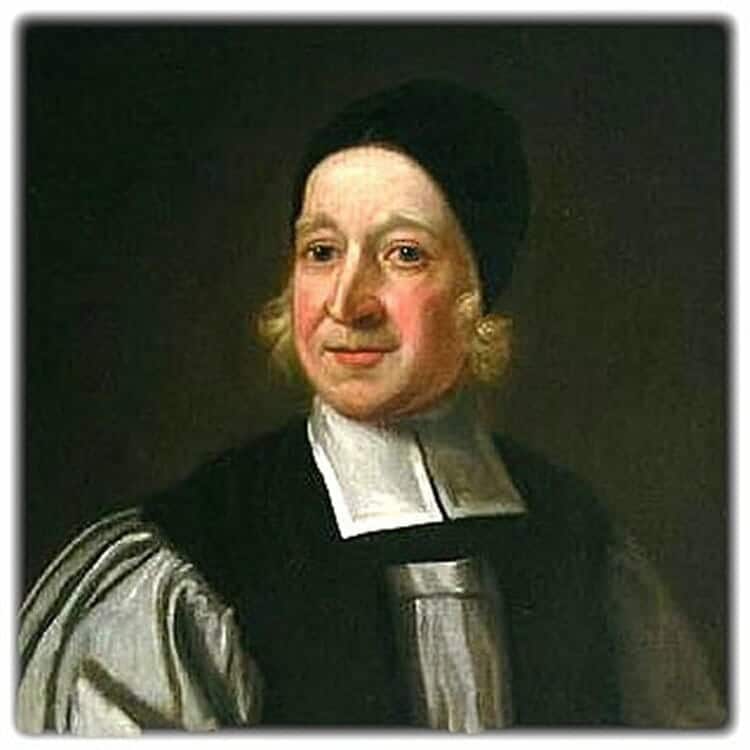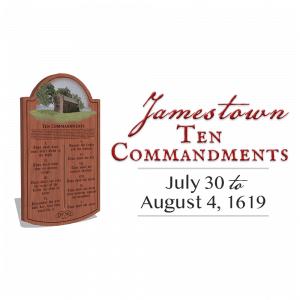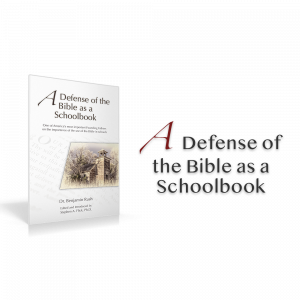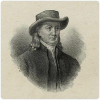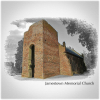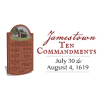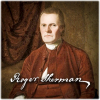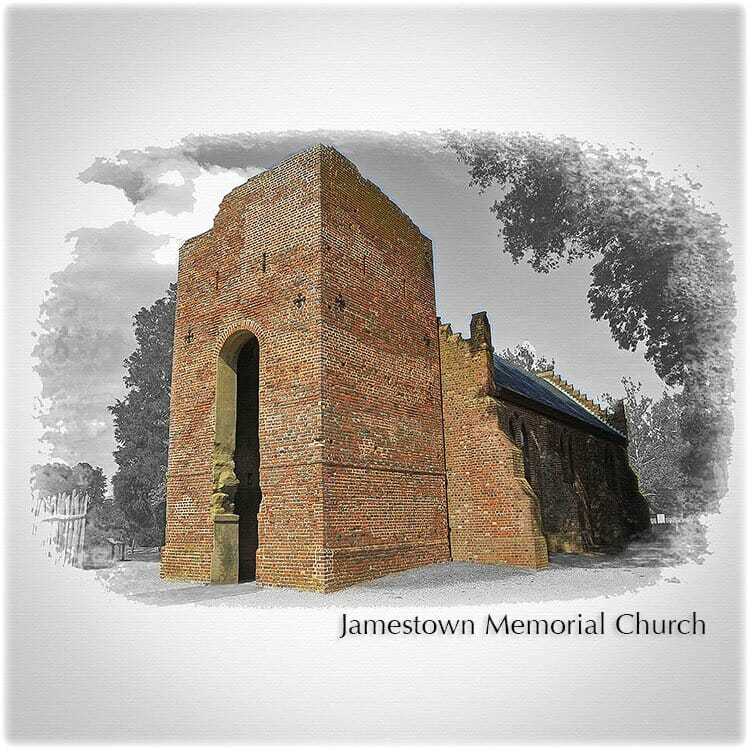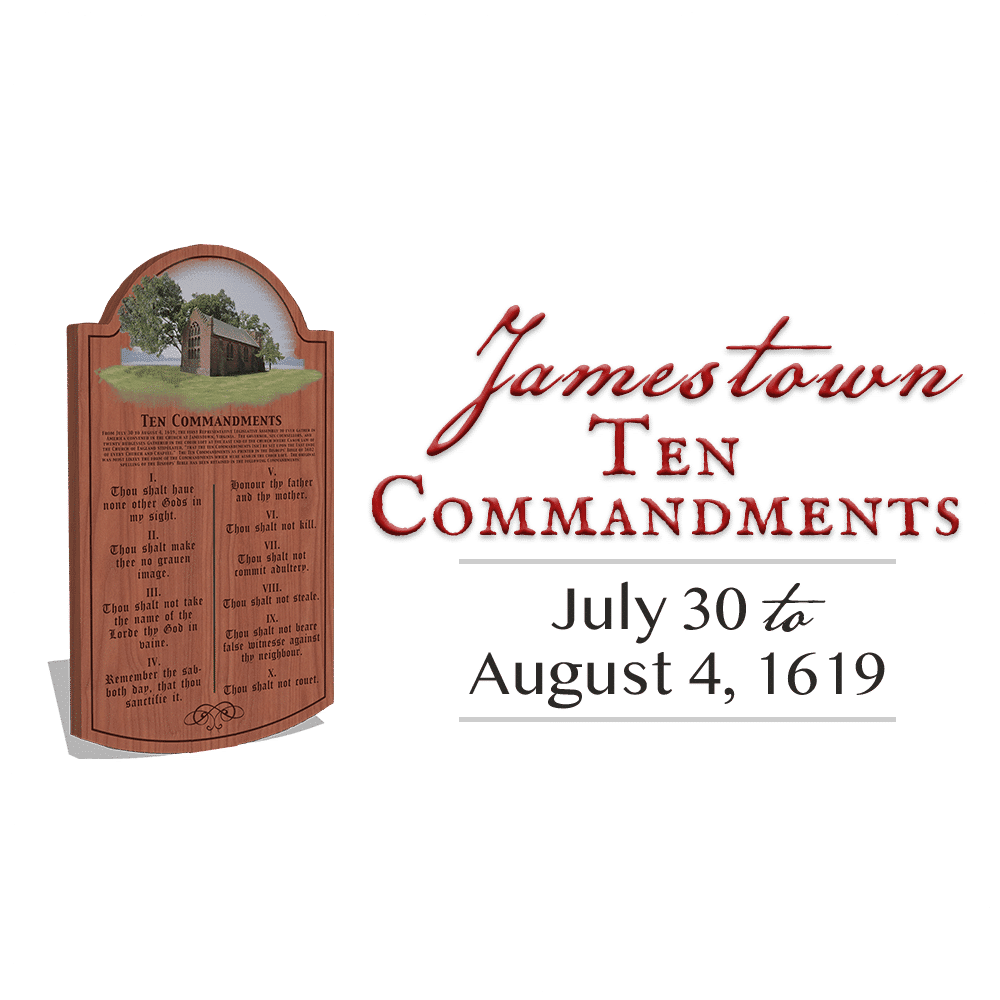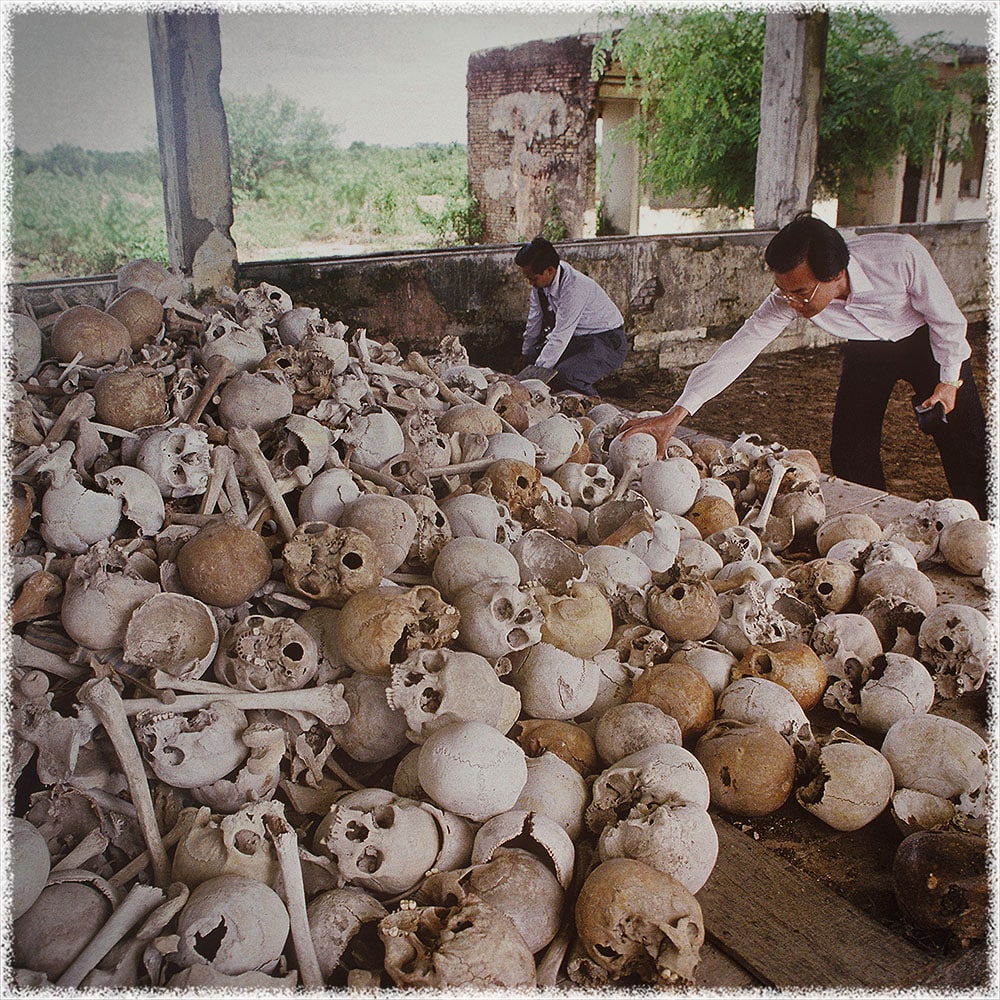For more than a century, irreligious forces have assailed America's Christian heritage with defiant resolve. Ironically, their success has been achieved upon the back of an indifferent American church. Many Bible-believing pastors have advanced the myth that America was not founded upon Judaeo-Christianity. Tragically, church leaders have failed to rehearse to their congregations the vital roles the clergy and the church occupied in the birth of the American Republic. But pastors in mid-eighteenth century America believed that what Scripture had to say about government was a matter that was pertinent to public life.
In his book Seedtime of the Republic, distinguished Cornell Professor Clinton Rossiter identified six leading voices that were formative in the American move toward independence. They included Thomas Hooker, Roger Williams, John Wise, Richard Bland, Benjamin Franklin, and Jonathan Mayhew. The latter of these six men bequeathed a political legacy to America through his theological and biblical writings. After graduating from Harvard in 1744, Jonathan Mayhew was called to the pastorate of the Old West Congregational Church in Boston, where he wielded considerable influence upon the seminal thought that gave rise to the American Revolution. One of the most influential works that precipitated independence was Mayhew's sermon, Discourse Concerning Unlimited Submission and Non-Resistance to the Higher Powers. In it, Mayhew provided biblical and rational defense for resisting tyrannical government. President John Adams said this sermon was read by "everyone". This influential work has been retitled Should Christians Always Submit to the Government and sent to press with the hope that its timeless principles will once again be seriously considered in light of a rising tide of tyranny which now threatens the American Republic.
Additional Information:
NOTE: Sold at Amazon
Paperback: 89 pages
Dimensions: 6 x 0.21 x 9 inches
ISBN-13: 9798434852128

